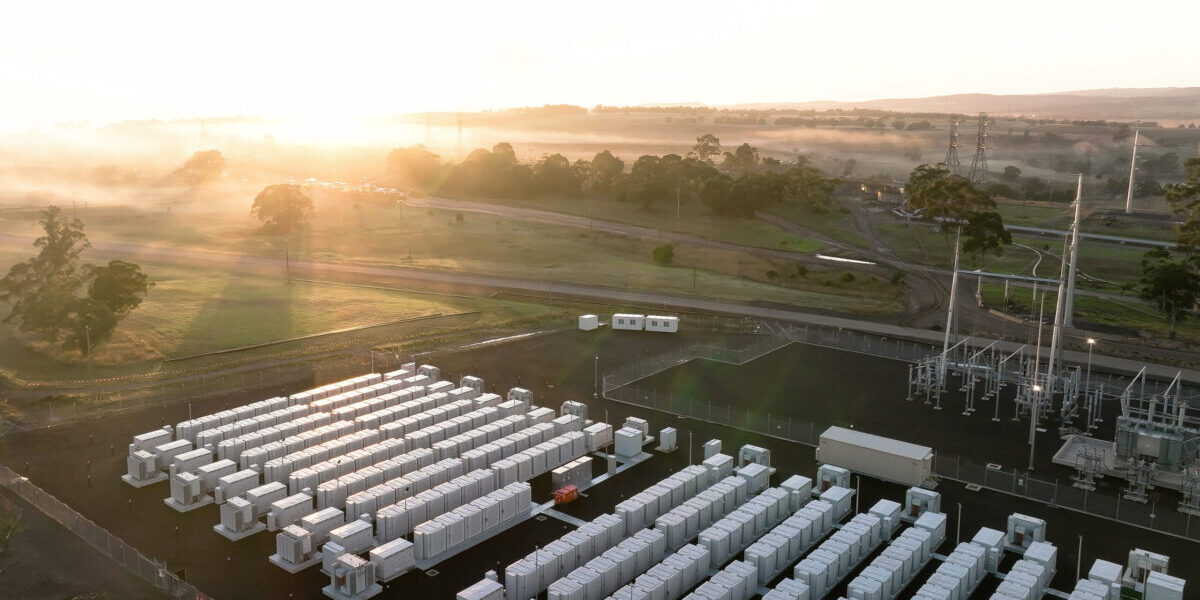From ESS News
The 2024 UN Climate Change Conference (UNFCCC COP 29), which will convene from 11 to 22 November in Baku, Azerbaijan, could adopt a target to increase worldwide energy storage capacity more than sixfold by 2030.
The conference hosts’ draft proposal seen by Bloomberg, called the Global Green Energy Storage Pledge, mirrors the G-7 agreement signed in April, which aims to reach 1,500 GW of energy-storage capacity by the end of the decade up from 230 GW in 2022.
The G-7 made the commitment in a bid to advance the COP28 global goal to triple renewable energy capacity by 2030 and transform intermittent energy into reliable baseload power.
To achieve this goal, the world would need to add more than 158 GW of energy storage capacity annually through 2030.
In a report issued earlier this year, the International Energy Agency (IEA) found that battery storage needs to lead a sixfold increase in global energy storage capacity to enable the world to meet 2030 targets.
“To triple global renewable energy capacity by 2030, 1 500 GW of energy storage, of which 1 200 GW from batteries, will be required. A shortfall in deploying enough batteries would risk stalling clean energy transitions in the power sector,” the IEA said in the report.
While still far from the speed of deployment required to meet climate and energy security goals, battery storage outpaced almost all other clean energy technologies in 2023 as falling costs, advancing innovation and supportive industrial policies helped drive up demand.
In 2023, battery deployment in the power sector increased by more than 130% year-on-year, adding a total of 42 GW to electricity systems around the world and placing the cumulative global figure at 87 GW. Meanwhile, pumped hydro reached 181 GW of installed capacity last year.
In August, BNEF reported that the stationary storage market has risen 61% in 2024, counteracting the slowdown in the electric vehicles space.
With prices for turnkey systems in August down 43% year-on-year and almost 90% cheaper than 15 years ago, batteries are expected to far outpace deployment of other energy storage technologies in the years to come.
However, the Azerbaijani proposal also encourages COP29 members to explore new types of battery storage and standardize recycling models to make it easier to reuse end-of-life batteries.
This content is protected by copyright and may not be reused. If you want to cooperate with us and would like to reuse some of our content, please contact: editors@pv-magazine.com.









By submitting this form you agree to pv magazine using your data for the purposes of publishing your comment.
Your personal data will only be disclosed or otherwise transmitted to third parties for the purposes of spam filtering or if this is necessary for technical maintenance of the website. Any other transfer to third parties will not take place unless this is justified on the basis of applicable data protection regulations or if pv magazine is legally obliged to do so.
You may revoke this consent at any time with effect for the future, in which case your personal data will be deleted immediately. Otherwise, your data will be deleted if pv magazine has processed your request or the purpose of data storage is fulfilled.
Further information on data privacy can be found in our Data Protection Policy.